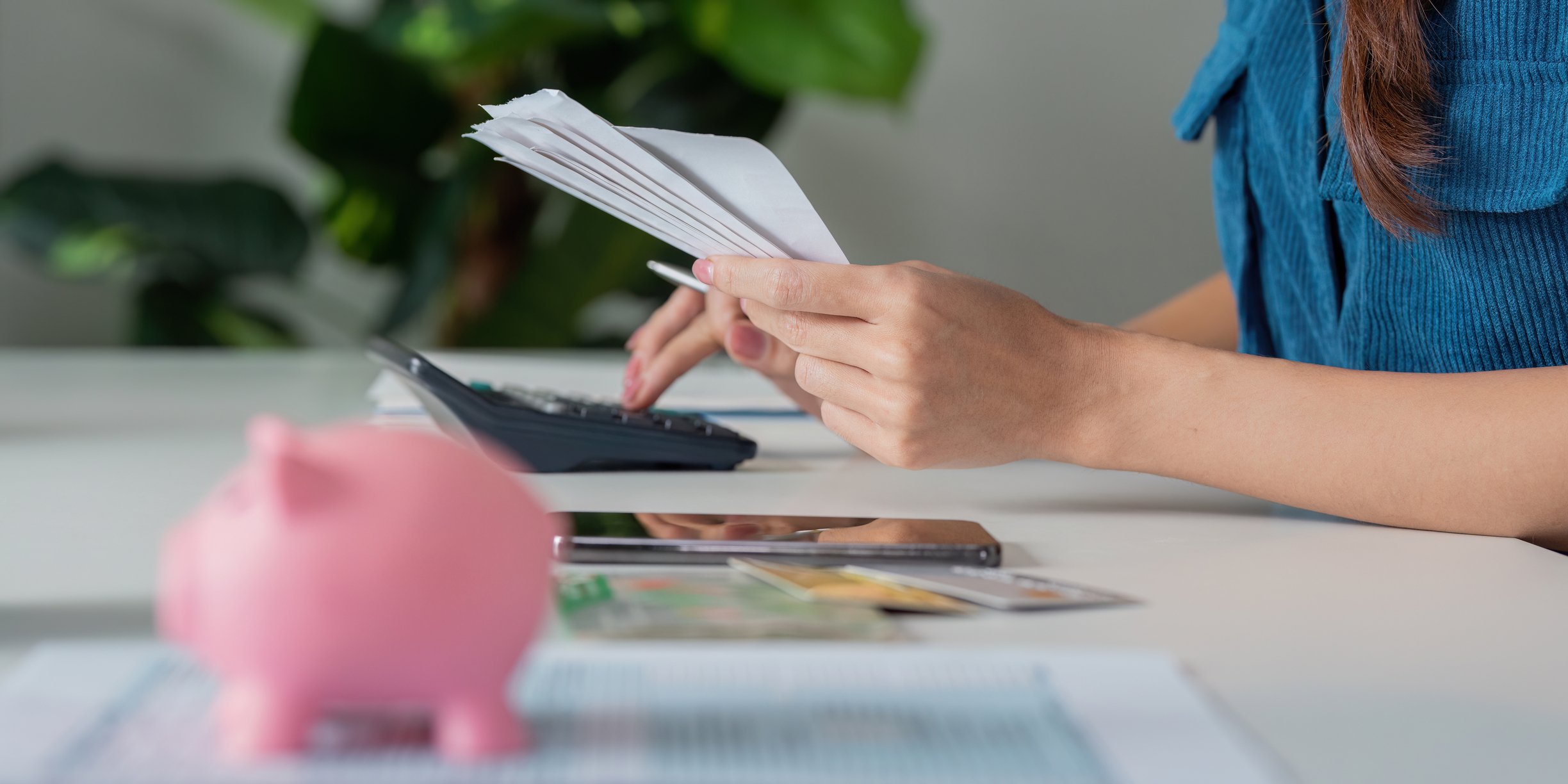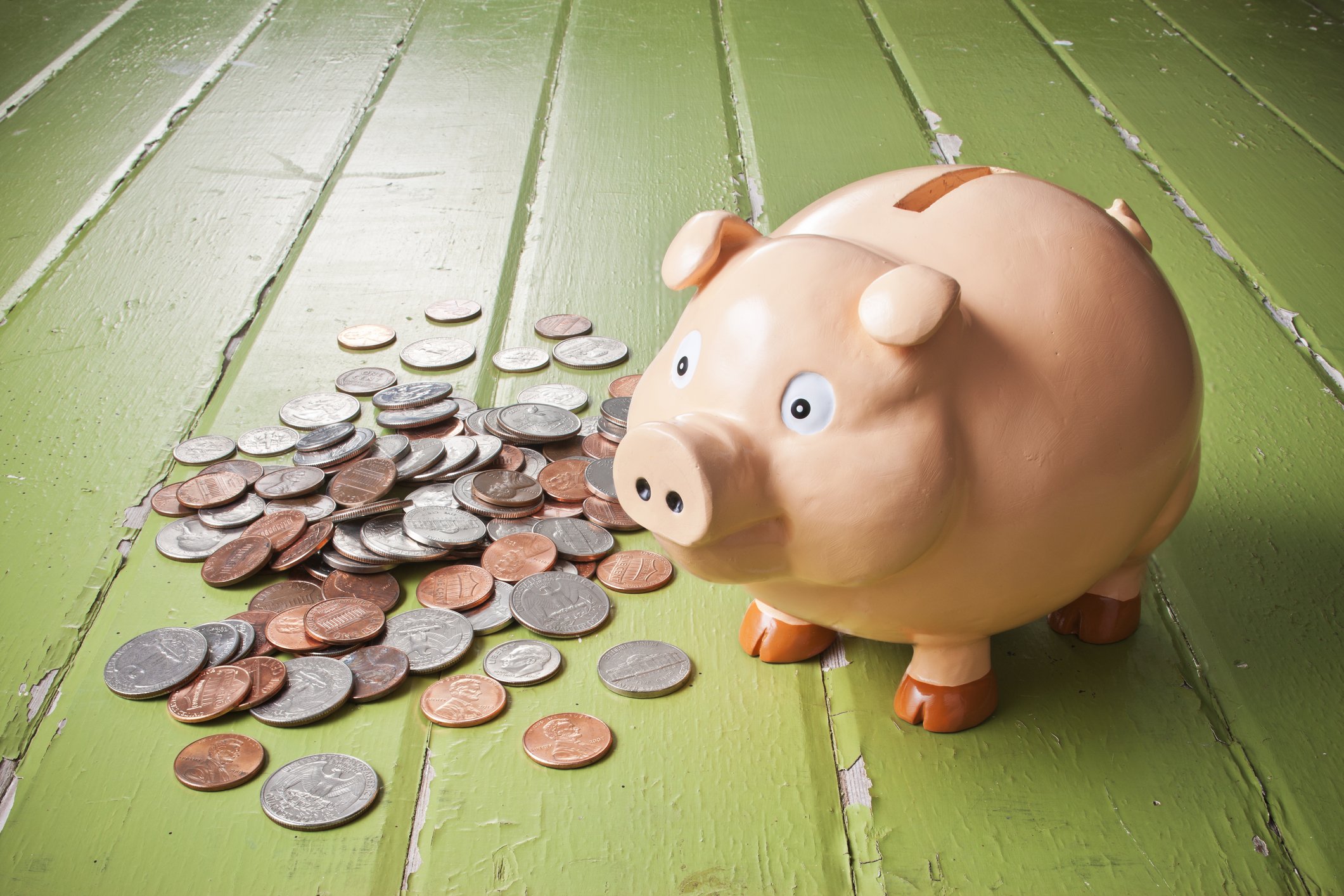Feeling Overwhelmed? Your Budget Might Be the Fix
Ever feel like everything’s a bit too much—school stress, friendship drama, responsibilities piling up… and on top of it all, you’re worried about money too? Whether it's not having enough to go out with friends, wondering how to afford a new phone, or stressing over spending too much too fast, money problems can sneak into your thoughts and mess with your mood.
Here’s the thing: money stress is totally real, even as a teen. But the good news? Budgeting—yeah, that thing adults always talk about—can actually help you feel more in control, less anxious, and way more confident.
Let’s break down why your mental health and your money are more connected than you think—and how building a budget can help you feel better fast.
Why Money Stress Hits Hard
Even if you’re not paying rent or buying groceries yet, money still plays a big part in your life. Here's how it can quietly mess with your mental health:
You feel left out when friends can afford things you can’t.
You feel guilty when you spend too much or too fast.
You feel anxious checking your balance or asking for money.
You feel out of control when money just… disappears.
These feelings build up and can make you more irritable, more tired, and less confident. That’s why tackling money stress early—before it grows—is a super smart move.
How Budgeting Makes You Feel Better
1. Gives You Back Control
Feeling out of control is one of the biggest causes of stress. Budgeting flips that. When you know exactly how much you have and what it’s for, you start making decisions on your terms. That kind of control is empowering—and it boosts your confidence.
2. Stops the Panic Spending
When you don’t track your money, it’s easy to overspend early in the month and feel panicked later. A budget helps you pace yourself, so you don’t hit that “uh-oh, I’m broke” moment halfway through.
3. Creates Peace of Mind
Even a simple budget can calm your brain. Instead of worrying, “Can I afford this?” you’ll know. That makes everyday decisions easier, and reduces the stress that builds up in the background.
4. Helps You Reach Your Goals
Want something big—a phone, concert ticket, or trip? Budgeting gives you a plan. And when you start hitting those money goals, your confidence gets a major boost. That success feels good—and proves you can handle more than you think.
Easy Ways To Start (Without Getting Overwhelmed)
1. Use a Simple System
You don’t need spreadsheets. A notes app or free budgeting app like Emma or Cleo can help you track what comes in and what goes out.
2. Break It Into Categories
Split your money into:
Needs – things like transport, lunches, or essentials
Wants – stuff like snacks, games, clothes
Goals – money you’re saving for later
3. Check In Weekly
Set a 5-minute “money check” once a week. Look at what you’ve spent, what’s left, and adjust if needed. It’s like checking your emotional pulse—except with cash.
The Mental Health Side Of Money Habits
Your money habits can seriously affect your mind. But guess what? That also means changing how you handle money can change how you feel. A budget can:
Lower anxiety
Boost independence
Build confidence
Help you feel ready for the future
And all of that adds up to better mental health.
Final Thought
Feeling overwhelmed is normal—but staying overwhelmed doesn’t have to be. Budgeting might not fix everything, but it’s a powerful tool to calm your mind, build your confidence, and take control of your cash (and your life).
Start small, keep it simple, and remember: your money doesn’t control you—you control it. And that’s a power worth building.
No matter who you are or where you’re from, Emma has the tools that will help you bring piece of mind and create healthy habits to reach your financial goals.










